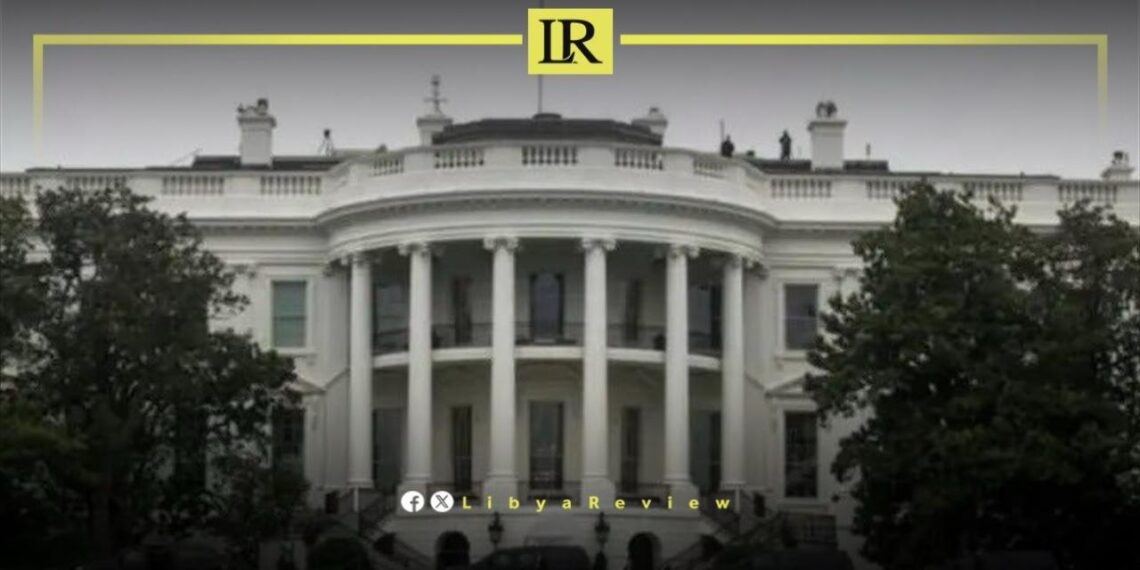The United States has announced the extension of sanctions on Libya, alongside Russia and Iran, for an additional year. The sanctions, as detailed by the U.S. Department of State, encompass an arms embargo, asset freezes for certain Libyan state funds and assets, and travel restrictions on specific individuals.
These sanctions were initially put into effect on February 25, 2011, by then-President Barack Obama through Executive Order 13566, under the International Emergency Economic Powers Act, to address what was described as an unusual and extraordinary threat to the U.S. national security and foreign policy.
Recently, Robert Wood, the U.S. Alternate Representative for Special Political Affairs, expressed grave concerns regarding the surge of violence by armed militias in western Libya, reaffirming the U.S. commitment to Libya’s journey towards stability. In his statement to the United Nations Security Council in New York, Wood emphasized the critical need for arms and oil embargoes, improved governance, and the provision of essential services to the Libyan people.
Wood advocated for the holding of free and fair elections in Libya, a goal complicated by the political deadlock among the country’s leaders. He called for Libyan leaders to set aside personal ambitions in favor of the national interest and to engage in meaningful dialogue towards the establishment of a unified government.
Additionally, Wood called for the transparent management of Libya’s oil revenues to prevent their misuse for political or personal advantage, highlighting concerns over the opacity of petroleum exports from eastern regions.
In his conclusion, Wood commended the efforts of the UN Panel in investigating individuals under sanctions and expressed support for the Security Council’s willingness to review requests for delisting. He reiterated the U.S.’s support for efforts towards establishing a stable, united, and democratic Libya, in the face of ongoing challenges posed by militia violence.
This development underscores the continuing international focus on Libya, which has faced turmoil and division since the NATO-supported overthrow of Muammar Gaddafi in 2011, leading to a prolonged period of instability and rival governments.


